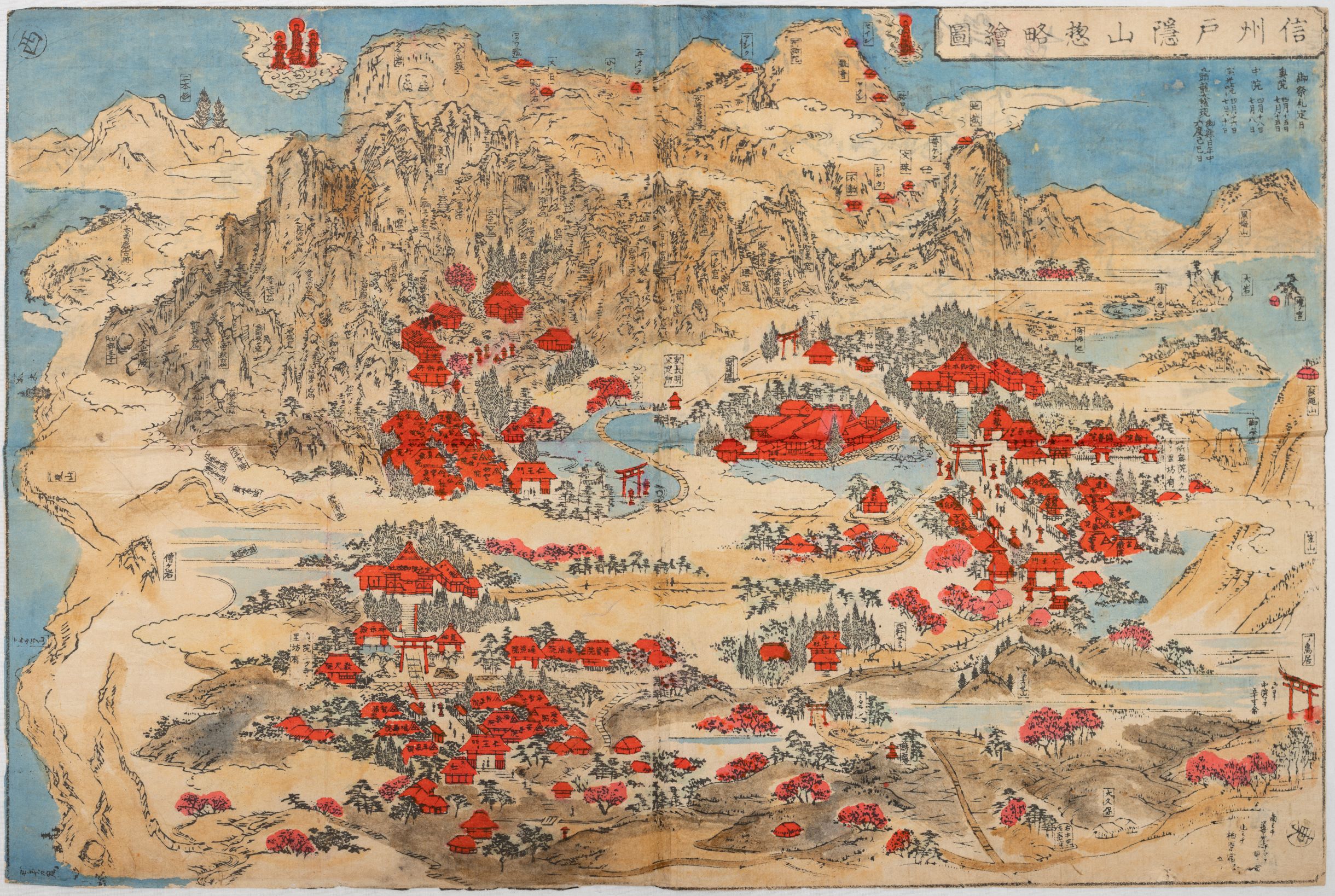
In recent decades, scholars of religion and related fields have been moving away from traditional objects of analysis (doctrines, sectarian histories, founders, etc.) toward subjects such as social history, material culture, popular practices, women and gender, and space and place. This course centers on the last orientation. Putting the site of religious practice at the forefront of inquiry, our seminar discussions will center on a number of questions. What benefits do a place-based approach to religion offer? What results have come out of this approach, and how will it be applied to future studies? How do elements like pilgrimage, gender, cultural heritage, and economy impact, and become impacted by, the location? With these questions in mind, students in this course will learn about a range of theories concerning ‘place’ in the fields of cultural geography and religion, develop a toolkit of theoretical approaches, critically engage with previous studies, and develop projects that align with each of their own research interests.